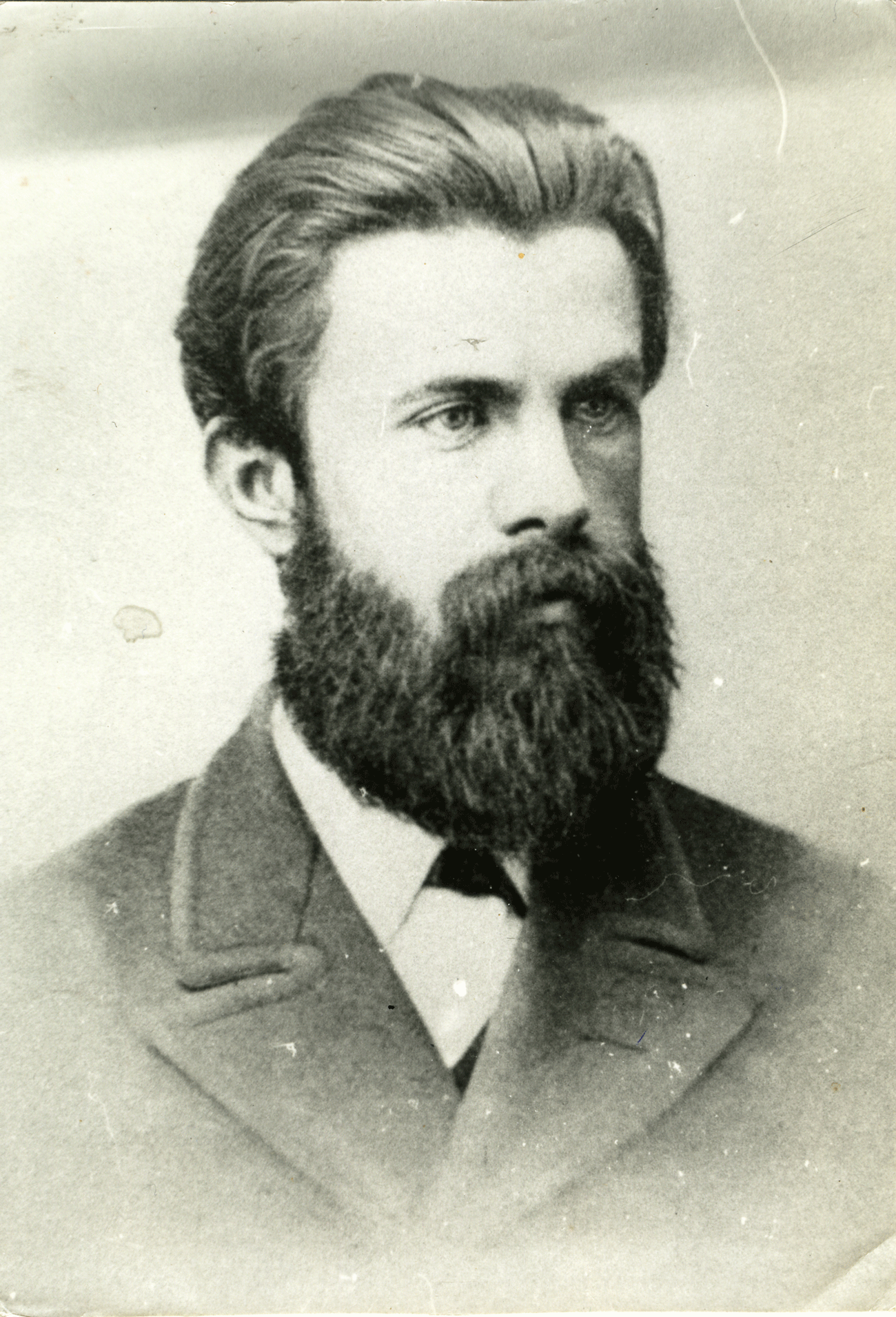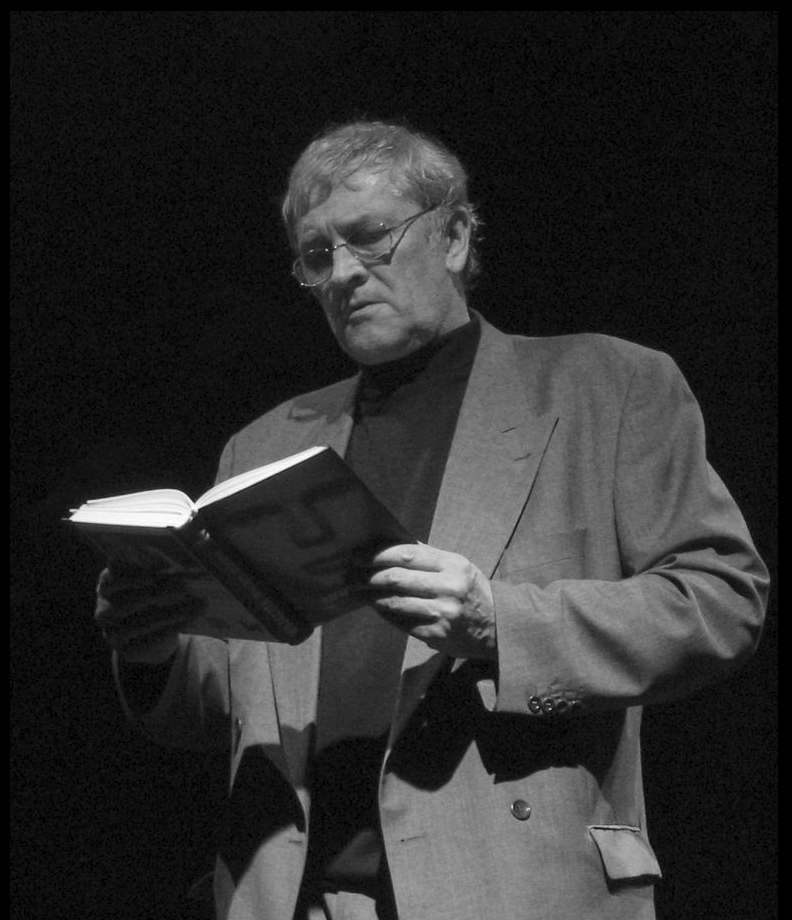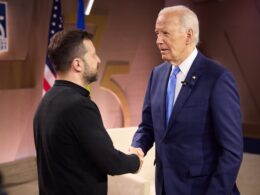Bohdan Zadura (Poland) became the 2022 winner of Ukraine’s Drahoman Prize awarded annually for the best translation of Ukrainian literature to foreign languages. Bohdan Zadura is a translator from Ukrainian into Polish, writer and literary critic. He is the author of twenty-five books of poetry and more than a dozen volumes of essays and prose, editor-in-chief of Twórczości monthly.
Zadura was nominated for the award with translations into Polish of Kateryna Babkina’s My Grandfather Danced the Best (Warsztaty Kultury publishing house), Vasyl Makhno’s Eternal Calendar (Państwowy Instytut Wydawniczy publishing house) and Yuri Vynnychuk’s Lutencia (Warstwy publishing house).
In 2022, the prize was awarded in Germany, in Literaturhaus Berlin, due to war conditions in Ukraine.
The 2021 inaugural Drahoman prize went to Claudia Dathe from Germany. She received the prize for the German translation of Serhiy Zhadan’s poetry collection Antenna [Serhij Zhadan. Antenne] and of Oleksiy Chupa’s novel Tales of My Bomb Shelter [Oleksij Tschupa. Märchen aus meinem Luftschutzkeller].
Translate Ukraine: new grant programs open Ukrainian literature to the world
 Mykhailo Drahomanov (1841-1895) became one of the most significant contributors to Ukrainian translation of world masterpieces of the 19th century. Being a political theorist, economist, historian, philosopher, ethnographer and one of the founders of Ukrainian modern humanities, he understood well the significance of Ukrainian translations of world literature. Not only did he perform translation but he made all members of his huge family translate. Even his nephews who were musicians and physicists by profession produced translations. Their shared goal was to make the Ukrainian language no less represented in the literary and publishing domain than the Polish and Russian languages — the main rivals at that time.
Mykhailo Drahomanov (1841-1895) became one of the most significant contributors to Ukrainian translation of world masterpieces of the 19th century. Being a political theorist, economist, historian, philosopher, ethnographer and one of the founders of Ukrainian modern humanities, he understood well the significance of Ukrainian translations of world literature. Not only did he perform translation but he made all members of his huge family translate. Even his nephews who were musicians and physicists by profession produced translations. Their shared goal was to make the Ukrainian language no less represented in the literary and publishing domain than the Polish and Russian languages — the main rivals at that time.




